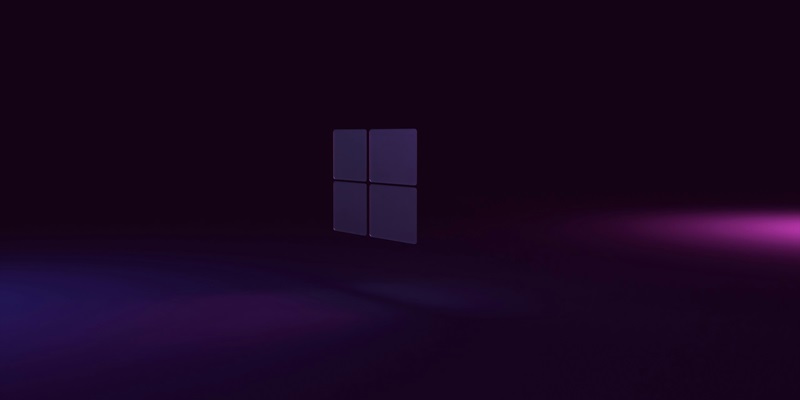Earlier this year, Microsoft confirmed the resurrection of its Extended Security Updates (ESU) program for home users, businesses, and organizations, thereby expanding a previously business-only service under Windows 7. This announcement indicated that the Windows 10 support program would extend beyond its originally scheduled end-of-support date in October 2025. The essential detail following this confirmation was the pricing for home users who wished to extend their security support. For home users, the extended support would cost $30 for one additional year from October 2025 to October 2026. Unlike businesses and organizations that are offered a more extensive three-year support (at a total cost of $427), home users will be confined to just a single additional year.
Yusuf Mehdi, Microsoft’s Executive Vice President and Consumer Chief Marketing Officer, highlighted this pricing detail in a long post, urging customers to prepare for an upgrade to Windows 11. The one-year extension presents a significant concern as it leaves users with limited time for transition, compelling them to either adopt the newer Windows 11 or explore other operating systems. Some users may find the singular extension insufficient, but alternatives like 0Patch exist, offering Windows 10 support until at least 2030 at an annual cost similar to Microsoft’s offering. These alternatives provide a longer support window compared to Microsoft’s official extension.
Limited Extension for Home Users
The restriction to a single year for home users has led to questions concerning Microsoft’s motives behind this decision. The three-year ESU option available to businesses and organizations is conspicuously absent for the average consumer. This deliberate delineation between consumer and business pricing models appears designed to prevent businesses from opting for a more affordable consumer package. Consequently, this raises a larger debate among stakeholders who are seeking longer-term solutions for maintaining their existing Windows 10 systems. The mandated transition within a year places a burden on non-commercial users, pushing them to upgrade or find immediate alternatives.
Strategic Push Towards Windows 11
Earlier this year, Microsoft brought back its Extended Security Updates (ESU) program for both home users and businesses, expanding a service that was previously only available to businesses under Windows 7. The announcement also revealed that Windows 10 would have its support extended beyond the initially planned end date of October 2025. For home users interested in an extra year of security updates, the cost is set at $30 for the period from October 2025 to October 2026. In contrast, businesses and organizations can opt for a three-year extension at a total cost of $427.
This pricing detail was highlighted by Yusuf Mehdi, Microsoft’s Executive Vice President and Consumer Chief Marketing Officer, in a detailed post urging customers to start planning for an upgrade to Windows 11. The limited one-year extension for home users raises concerns because it pushes users to transition quickly, either to Windows 11 or to other operating systems. While some users might find this short extension insufficient, alternatives like 0Patch are available, offering support for Windows 10 until at least 2030 at a similar annual fee. These alternatives provide a longer support window compared to Microsoft’s official extension.

